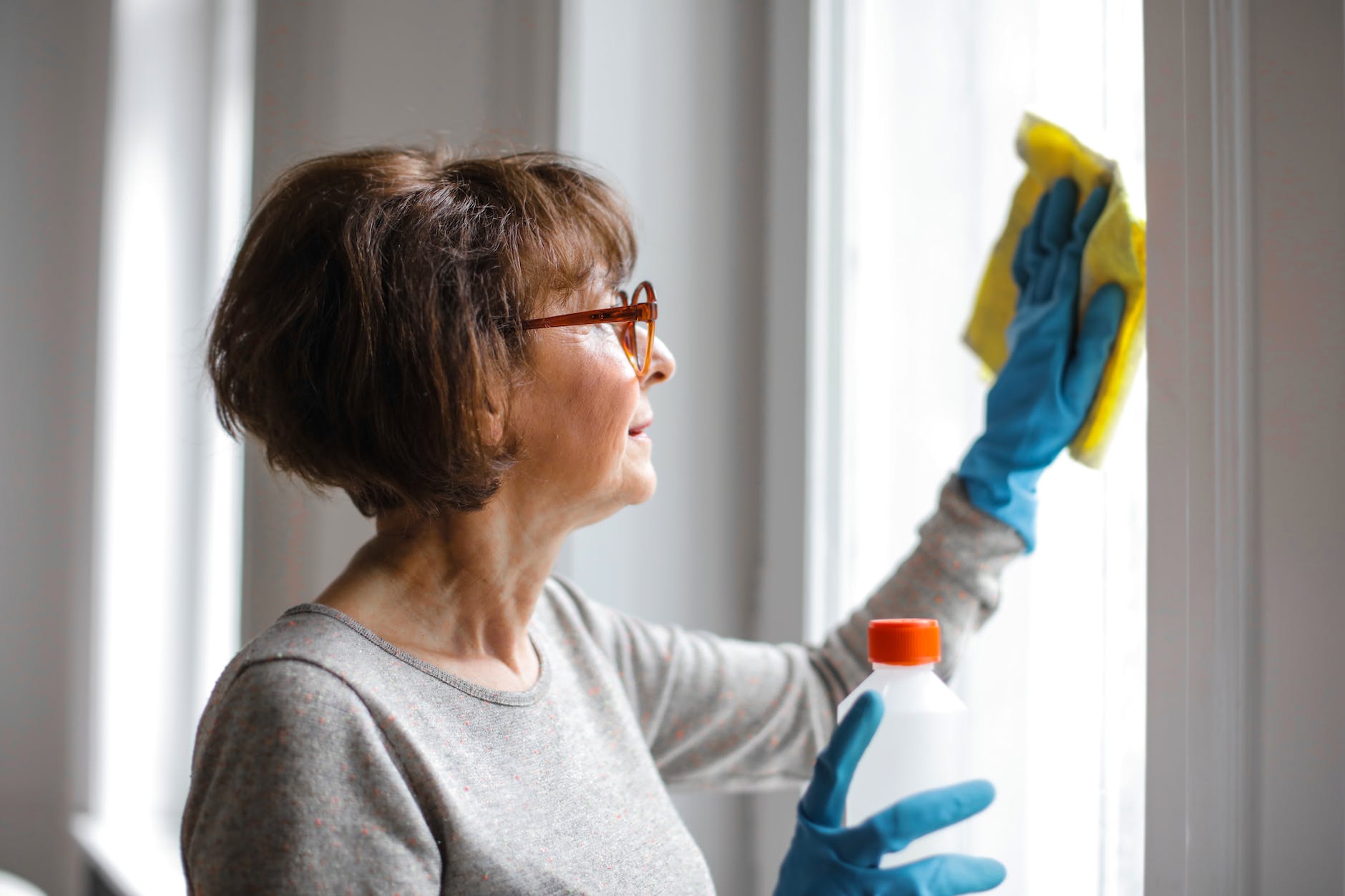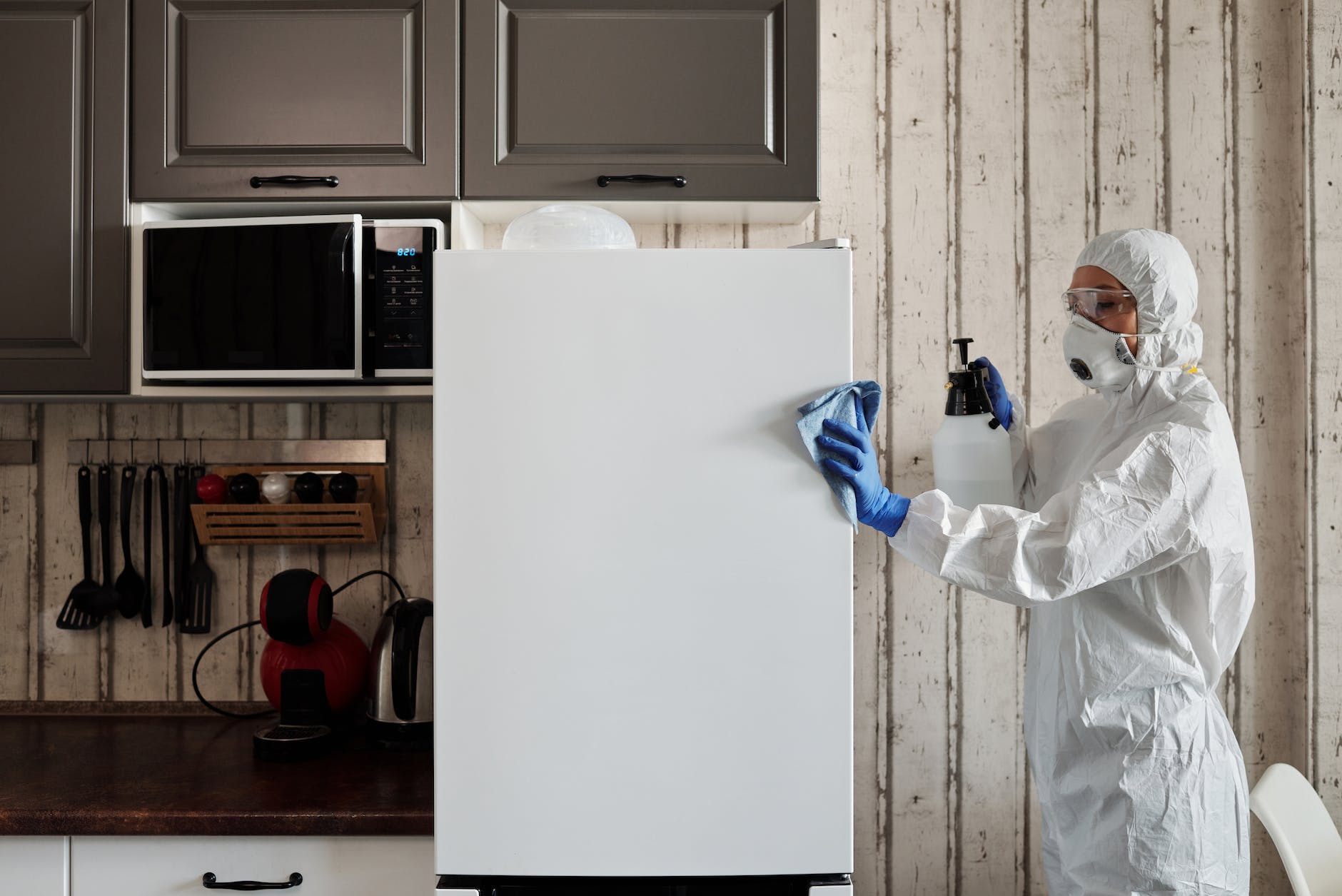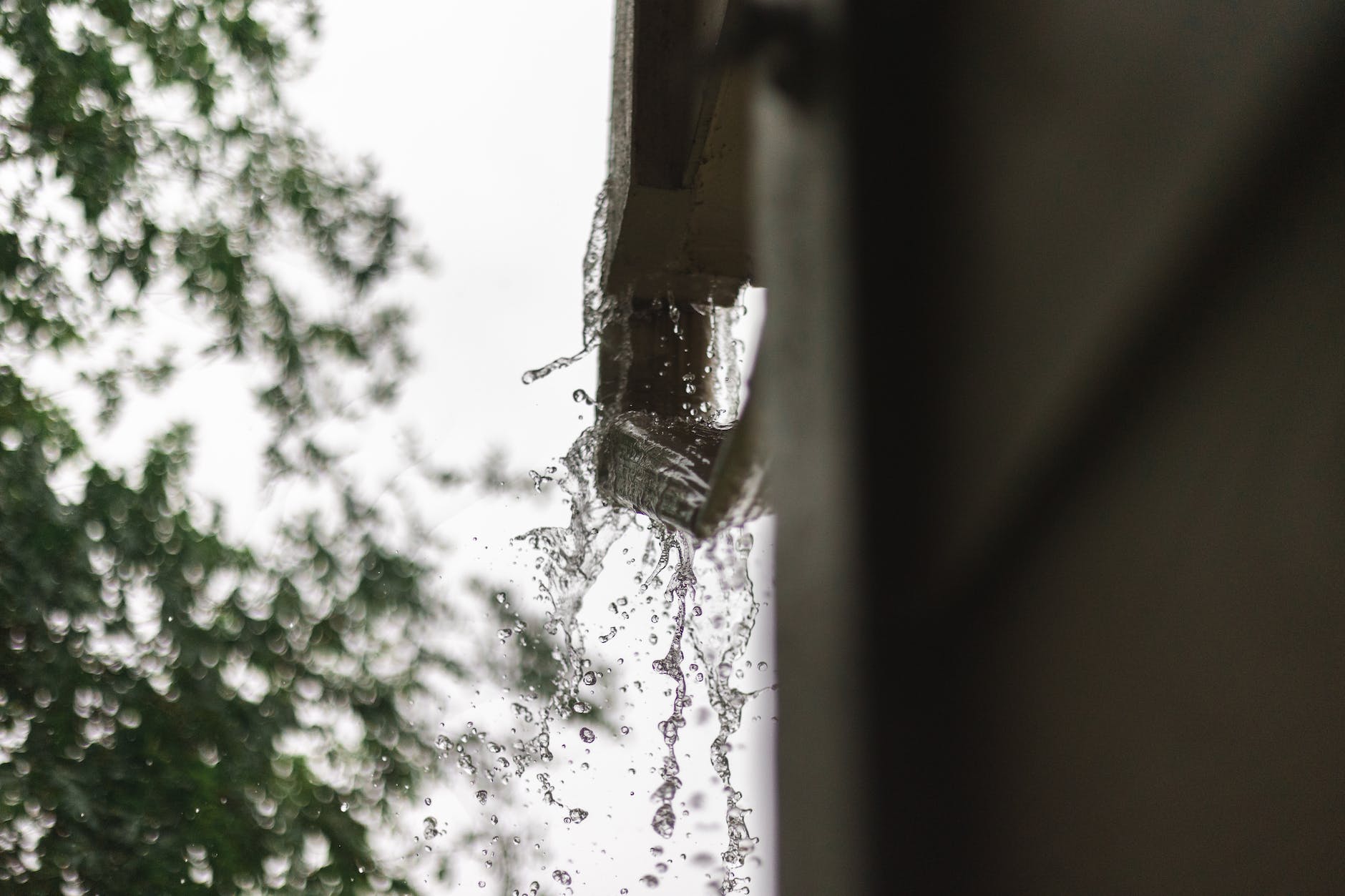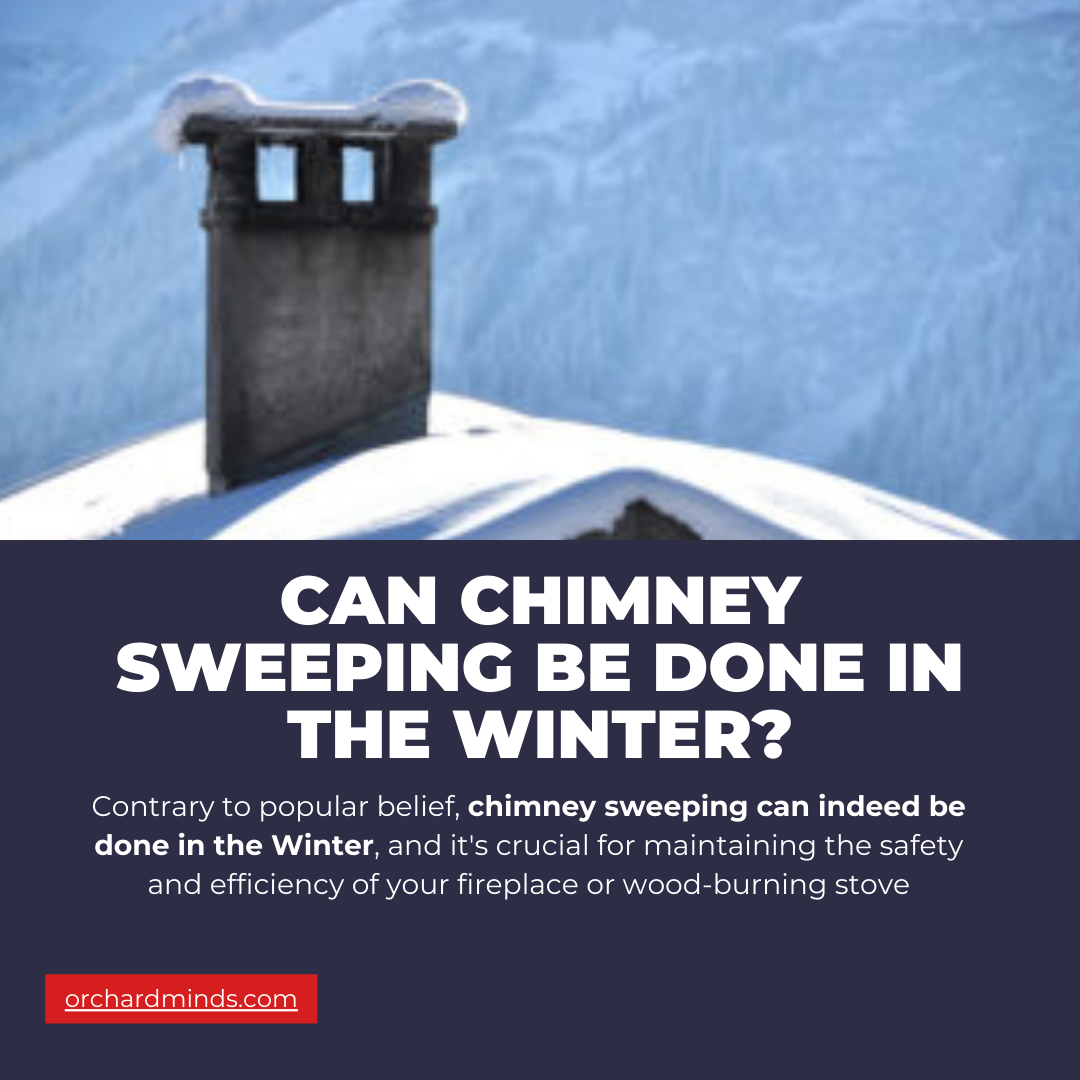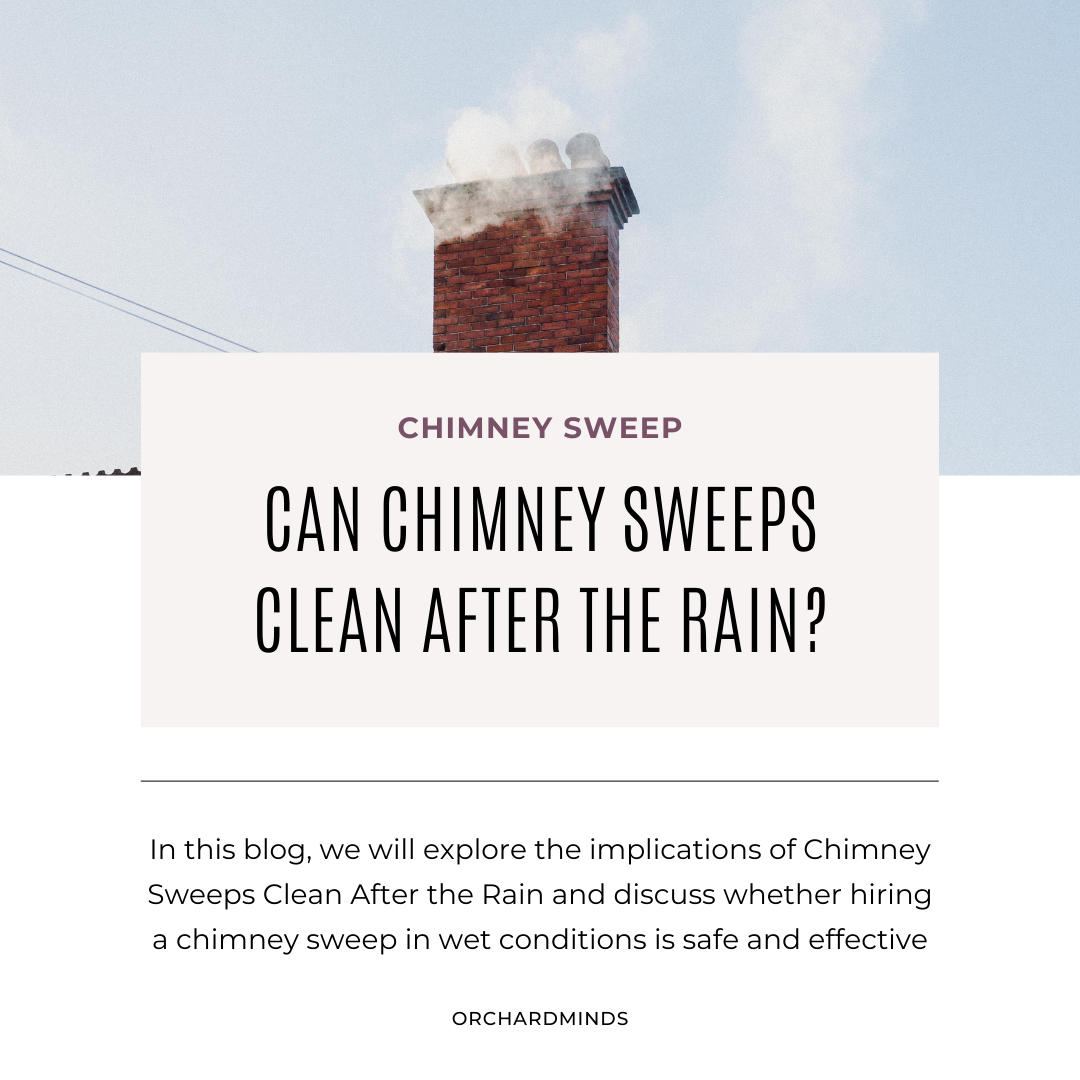While do-it-yourself projects are often rewarding, cleaning your own chimney poses several risks and challenges that may outweigh the benefits:
- Chimney cleaning requires specialized tools and equipment that professionals possess, ensuring a thorough and effective job.
- Chimney cleaning involves handling creosote, a byproduct of combustion, which can be hazardous to health. Professionals have the expertise to handle it safely.
- Without proper training, homeowners may notice critical signs of chimney damage or structural issues that professionals are trained to identify.
- Chimney cleaning involves working at heights, posing a safety risk for individuals who need the necessary experience and safety equipment.
- Chimney cleaning is a messy task that professionals manage efficiently, leaving your home cleaner and minimizing the risk of damage to furnishings.
For the safety of your home and your well-being, it’s advisable to entrust chimney cleaning to qualified professionals who can ensure a comprehensive and secure service.
What is a chimney cleaning and inspection?
A chimney cleaning and inspection is a routine maintenance process performed by a certified chimney sweep or technician to ensure the safe and efficient operation of a fireplace or heating appliance. During a cleaning, the professional removes creosote, soot, and debris that may have accumulated on the walls of the chimney flue.
Creosote buildup is a fire hazard, and regular cleaning helps prevent chimney fires. Simultaneously, an inspection is conducted to assess the overall condition of the chimney, including the flue liner, chimney cap, and masonry. The inspection helps identify potential issues such as cracks, blockages, or structural damage. Both the cleaning and inspection are essential components of chimney maintenance, contributing to the longevity of the chimney system and the safety of the home. It is recommended to schedule an annual chimney cleaning and inspection to address any issues promptly and ensure optimal performance.
Benefits of Having a Clean Fireplace
Having a clean fireplace offers numerous benefits for both safety and efficiency. Regular cleaning removes accumulated ash, soot, and creosote, reducing the risk of chimney fires caused by these flammable substances. A clean fireplace also promotes better indoor air quality by preventing the release of harmful particles and odors into your home. Improved efficiency is another advantage, as a clean fireplace allows for better airflow and more effective combustion, ensuring that your heating appliance operates at its best. Additionally, routine cleaning helps identify and address potential issues, such as damaged components or blockages, before they escalate. Overall, a clean fireplace not only enhances safety and performance but also extends the lifespan of your heating system.
5 Reasons You Shouldn’t Clean Your Own Chimney
Falls and Slips Occur while you climb.
Cleaning a chimney often involves working at heights, which poses a significant risk of falls and slips. Climbing onto the roof or using a ladder to access the chimney can be hazardous, especially for individuals who need proper training or experience. Professionals are equipped with safety gear and techniques to navigate heights safely, minimizing the risk of accidents.
Keeping Soot Out of Your House is Difficult
Chimney cleaning is a messy job, and keeping soot from infiltrating your home can be challenging without the right equipment and expertise. Professional chimney sweeps use specialized tools and procedures to contain and control the mess, ensuring that soot and debris do not spread throughout your living space during the cleaning process.
You Might Risk Missing a Constructural Problem
A DIY chimney cleaning may not include a thorough inspection of the chimney’s structure. Professionals not only clean but also inspect for potential issues such as cracks, leaks, or damage to the flue liner. Identifying structural problems early is crucial for preventing more extensive and costly repairs down the line.
Right Tools – An Important Factor
Chimney cleaning requires specific tools and equipment to remove creosote, soot, and debris effectively. Professionals are equipped with the right tools for the job, ensuring a thorough cleaning without causing damage to the chimney or missing crucial areas that need attention.
Error is Not an Option in Chimney Cleaning
Chimney cleaning is a task that demands precision and attention to detail. Errors in cleaning can lead to the incomplete removal of creosote, posing a fire hazard, or missing signs of damage or wear. Professional chimney sweeps are trained to perform the job accurately, minimizing the risk of errors that could compromise the safety and functionality of your chimney. Hiring a professional ensures that the cleaning process is done thoroughly and with precision.
Why You Should Hire a Professional for Chimney Cleaning
Hiring a professional for chimney cleaning is essential for various reasons, primarily ensuring the safety and efficiency of your heating system. Professional chimney sweeps have the expertise to thoroughly inspect and clean your chimney, removing creosote buildup, soot, and potential blockages. They can also identify and address any structural issues or signs of damage that may compromise the integrity of the chimney. Beyond safety, professional cleaning promotes optimal performance, reducing the risk of chimney fires and ensuring proper ventilation. Moreover, professionals use specialized tools and equipment to perform a comprehensive cleaning, contributing to a healthier indoor environment and prolonging the lifespan of your chimney.
Prolonged Chimney Life
Regular chimney cleaning, performed by a professional, significantly contributes to the prolonged life of your chimney. Over time, the accumulation of creosote, debris, and other byproducts of combustion can lead to structural issues and deterioration. A well-maintained chimney not only operates efficiently but also avoids the potential for costly repairs or replacements. By addressing any concerns promptly and keeping the chimney clean, you enhance its longevity, allowing it to provide safe and effective ventilation for an extended period.
How long can a chimney go without cleaning?
The frequency of chimney cleaning depends on various factors, including the type of fuel burned, the frequency of use, and the appliance’s efficiency. As a general guideline, it is recommended to have your chimney professionally cleaned and inspected at least once a year. However, certain circumstances may necessitate more frequent cleanings. For example, if you regularly use your fireplace or wood-burning stove, burn unseasoned wood, or notice signs of creosote buildup, more frequent cleanings may be required. Neglecting chimney cleaning for an extended period can lead to increased fire risk, decreased efficiency, and potential structural damage.
What happens if you never sweep your chimney?
Neglecting chimney sweeping poses serious risks to both your safety and the functionality of your heating system. Over time, creosote buildup can accumulate within the chimney, creating a highly flammable substance that increases the risk of chimney fires. These fires can cause extensive damage to the chimney structure and may spread to the rest of the home. Additionally, a blocked or dirty chimney hampers proper ventilation, leading to the release of harmful gases, such as carbon monoxide, into the living space. Regular chimney cleaning is essential to prevent these hazards and ensure the safe operation and longevity of your chimney.
How do you know if the chimney needs cleaning?
Several signs indicate that a chimney needs cleaning. If you notice a buildup of soot or creosote, a strong, unpleasant odor coming from the fireplace, or difficulty in starting a fire, it’s likely time for a cleaning. Another indicator is the presence of a powdery substance on the damper or the firebox floor. Additionally, if you hear cracking or popping sounds during a fire, it could signify the ignition of creosote deposits. Regular chimney inspections and cleaning, especially before the heating season, are essential to maintain a safe and efficient fireplace or heating appliance.
How do you tell if your stove pipe is clogged?
A clogged stove pipe can lead to various issues. Signs of a clog include difficulty in starting or maintaining a fire, smoke filling the room instead of being drawn up the chimney, and a visible reduction in the draft. If you notice an excessive buildup of soot or creosote on the inside of the stove pipe or experience frequent back-puffing, it may indicate a clog. Additionally, if you see visible signs of debris or nesting materials in the stove pipe, it’s a clear indication of a blockage. Regular inspection and cleaning of the stove pipe are crucial to ensure proper ventilation and prevent potential hazards.
How do you know if you have creosote buildup?
Creosote buildup is a common issue in chimneys and stove pipes. Signs of creosote include a dark, tarry substance on the interior walls of the chimney or stove pipe. It may appear as a shiny, black coating and can have a strong, acrid odor. Creosote buildup reduces the efficiency of the heating appliance, increases the risk of chimney fires, and poses a significant safety hazard. Regular chimney inspections will help identify and address creosote buildup before it becomes a serious problem.
What happens if you use a dirty chimney?
Using a dirty chimney poses several risks and can lead to various problems. First and foremost, the risk of chimney fires increases significantly due to the presence of combustible creosote deposits. A dirty chimney also impedes proper ventilation, leading to inefficient burning, increased smoke, and the release of harmful gases, such as carbon monoxide, into the home. Reduced airflow can result in poor combustion, affecting the appliance’s performance and potentially causing it to malfunction. To avoid these risks, it is essential to schedule regular chimney inspections and cleanings, ensuring the safe and efficient operation of your heating system.
Are there any real risks, problems, or dangers associated with not having my chimney cleaned?
Not having your chimney cleaned poses several risks and dangers. One significant risk is the accumulation of creosote, a byproduct of burning wood, inside the chimney flue. Creosote is highly flammable, and an excessive buildup can lead to chimney fires, posing a threat to your home. Additionally, blocked chimneys due to debris, animal nests, or other obstructions can cause inefficient ventilation, leading to the release of harmful gases, including carbon monoxide, into your living space. Regular chimney cleaning is essential to prevent these risks, ensuring the safe and efficient operation of your fireplace or heating appliance.
Benefits of Chimney Flue Caps?
Chimney flue caps, also known as chimney caps, offer various benefits for your chimney system. Firstly, they act as a barrier against debris, leaves, and animals, preventing them from entering and obstructing the chimney. This reduces the risk of blockages that can impede proper ventilation and lead to safety hazards. Chimney caps also help prevent water from entering the chimney, protecting it from rust, deterioration, and damage. Additionally, these caps contribute to fireplace efficiency by minimizing downdrafts and preventing sparks or embers from escaping the chimney, reducing the risk of roof fires. Installing a chimney flue cap is a simple yet effective measure to enhance the safety and functionality of your chimney system.
